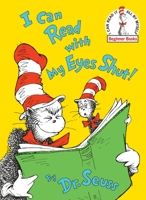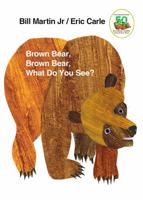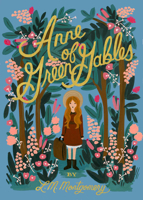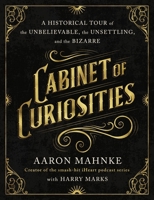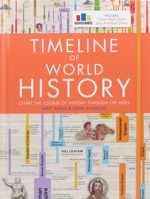The Doors of Heaven
Select Format
Select Condition 
You Might Also Enjoy
Book Overview
Richard Brooks answers the questions:
What is Heaven like?
How do we get there?
What will we do there?
What is the Focus of Heaven?
How do we prepare for it?
What is the alternative?
Walk into any bookshop and you will have no difficulty in finding stories of near death experiences, visions of angels, and journeys to Heaven and back again - but what does the Bible have to say about Heaven? This place which so many people seem to long to get to, on which so many weird and wonderful ideas abound?
The Bible is written by God as a guide through this life to the next. The pictures it gives of heaven are authoratitive and compelling. Using the book of Revelation, Richard Brooks guides us through the amazing pictures of heaven that we discover there.
By using each reference like a door, through which we can glimpse another fascinating room in eternity, he shows us what Heaven is really like - and also discover the alternative destination...






















